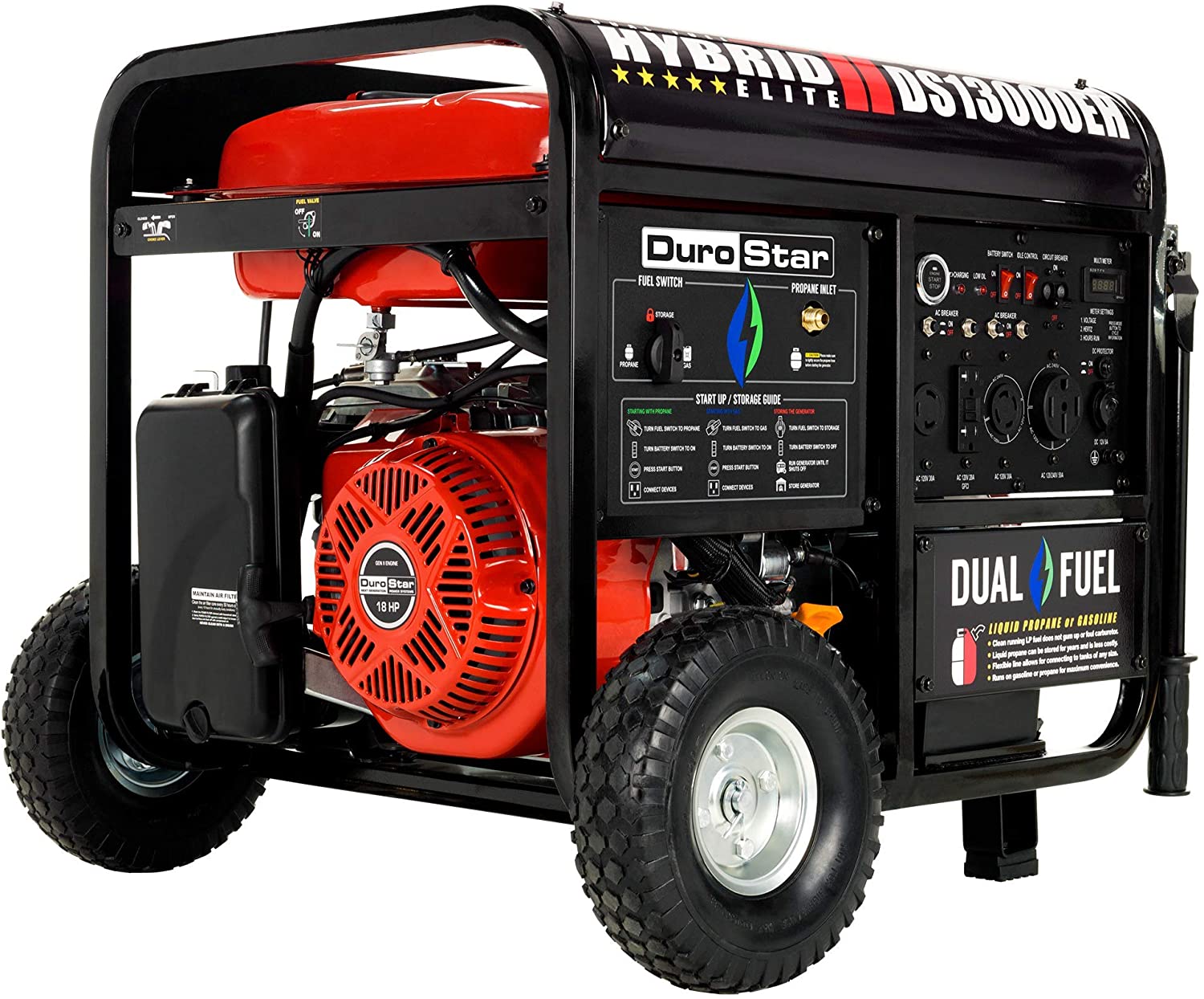Internet for off grid living – Internet for off-grid living is no longer a futuristic fantasy; it’s a rapidly evolving reality for those seeking self-sufficiency and remote lifestyles. This exploration delves into the diverse methods of achieving reliable internet access in remote areas, examining the trade-offs between cost, speed, reliability, and setup complexity. From satellite internet to mesh networks, we’ll navigate the technological landscape and practical considerations of bringing the digital world to the off-grid community.
The challenges are significant: power limitations, bandwidth constraints, and security vulnerabilities demand innovative solutions. This report analyzes various power sources, data management strategies, and security protocols crucial for maintaining a secure and sustainable internet connection. We will also showcase successful off-grid setups, highlighting the technologies employed and the hurdles overcome, providing valuable insights for those venturing into this increasingly popular lifestyle.
Powering Your Off-Grid Internet Connection: Internet For Off Grid Living
Reliable internet access is increasingly vital, even in remote, off-grid locations. Maintaining a consistent connection requires a robust and carefully planned power system, capable of supplying the necessary energy to your internet equipment, including satellite dishes, routers, modems, and other associated devices. This necessitates a deep understanding of various power sources and efficient energy management strategies.
Suitable Power Sources for Off-Grid Internet
Choosing the right power source depends heavily on the location’s specific environmental conditions and the energy demands of your internet setup. Several options exist, each with its advantages and disadvantages. Solar panels offer a clean and renewable energy solution, ideal for sunny locations. Their output, however, fluctuates with weather conditions. Wind turbines provide another renewable alternative, particularly effective in consistently windy areas.
However, their initial cost is often higher, and their efficiency is dependent on wind speed. Generators, fueled by gasoline, propane, or diesel, offer a reliable backup or primary power source, but they are noisy, require fuel replenishment, and produce emissions. Batteries serve as crucial energy storage, ensuring a continuous power supply even when primary sources are unavailable. The optimal configuration often involves a combination of these sources, creating a hybrid system to maximize reliability and minimize reliance on any single power source.
For example, a system might combine solar panels as the primary source, with a wind turbine supplementing generation during low sunlight hours, and a generator acting as a backup for extended periods of low renewable energy production. Batteries are essential to store excess energy generated during peak production periods for use during periods of low or no generation.
Power Management and Energy Efficiency Strategies, Internet for off grid living
Minimizing energy consumption is crucial for extending the lifespan of your batteries and reducing the overall cost of operation in an off-grid environment. Efficient power management involves several key strategies. Selecting energy-efficient internet equipment is a primary step. Look for devices with low power consumption ratings. Optimizing your internet usage patterns also plays a significant role.
Reducing data-intensive activities during peak hours of energy generation or when renewable sources are limited can significantly reduce strain on the system. Regularly monitoring your energy usage through smart meters or power monitoring tools helps identify areas for improvement. Implementing power-saving modes on your devices and scheduling automatic shutdowns when not in use further enhances efficiency. Consider using a power management system that prioritizes essential devices during low-power situations.
For instance, a system could prioritize the internet router over less critical appliances.
Designing a Reliable Off-Grid Power System for Internet Connectivity
Designing a reliable off-grid power system for internet connectivity requires careful planning and consideration of several factors. First, assess your internet equipment’s power requirements to determine the total energy needed. This includes calculating the peak power demand and the average daily energy consumption. Next, select appropriate power generation sources based on your location’s resources and energy needs.
This could involve a combination of solar panels, wind turbines, and a generator. Determine the necessary battery capacity to store sufficient energy to cover periods of low or no generation. The battery capacity should be sized to handle the system’s energy demands, including any peak loads, for a specified duration, often several days. Finally, incorporate a reliable charge controller to regulate the charging process and protect your batteries from overcharging or damage.
A backup generator is recommended for extended periods of low renewable energy generation or emergencies. Regular maintenance of the entire system is crucial to ensure its long-term reliability and efficiency. This includes periodic cleaning of solar panels, inspection of wind turbine components, and routine battery testing. Consider implementing remote monitoring capabilities to track system performance and receive alerts in case of any issues.
This allows for proactive maintenance and prevents potential outages.
Ultimately, achieving reliable internet access in off-grid settings requires careful planning, resourcefulness, and a pragmatic understanding of available technologies. While challenges exist, the benefits—from remote work and education to enhanced safety and community building—are undeniable. By weighing the costs, optimizing data usage, and prioritizing security, individuals and communities can successfully integrate internet technology into their off-grid lifestyles, bridging the gap between self-sufficiency and connectivity in the modern world.
The future of off-grid living is undeniably connected.
Find out about how best solar generator for off grid living 2023 can deliver the best answers for your issues.



